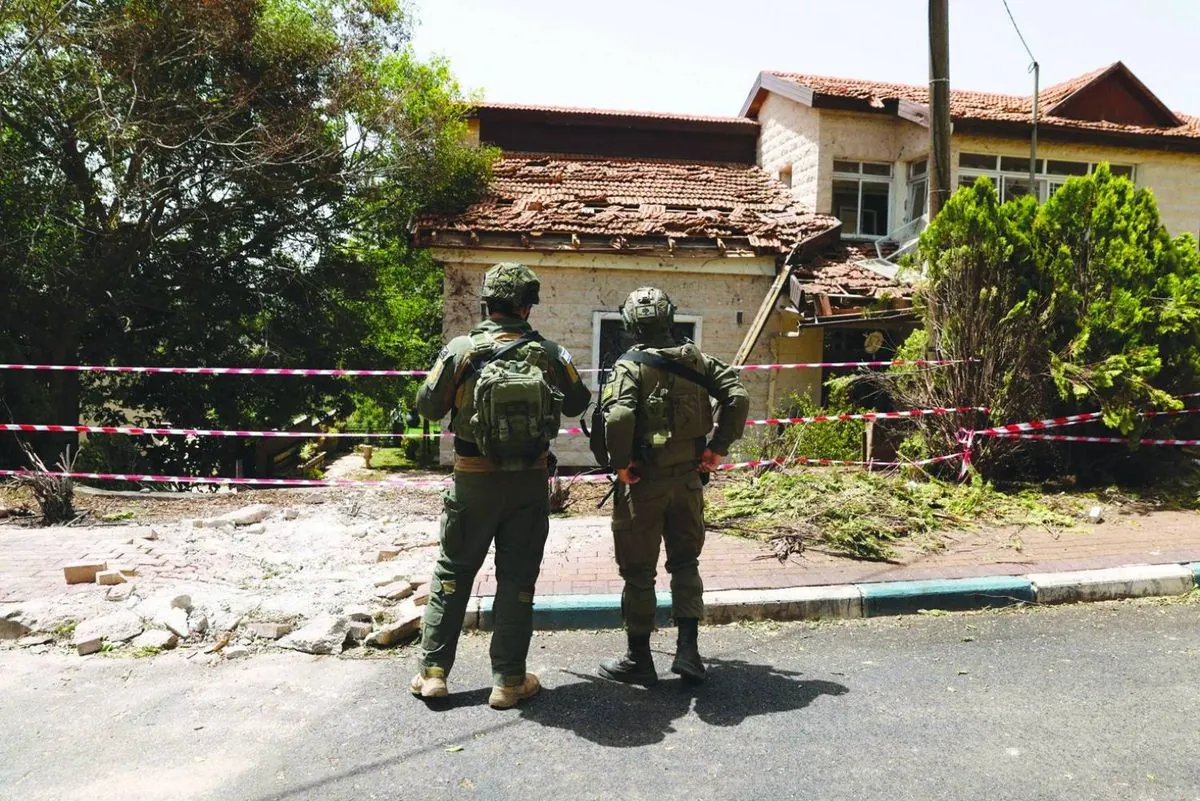Israel-Hezbollah Tensions Escalate: Conflict Teeters on Brink of War
Cross-border attacks between Israel and Hezbollah intensify, raising fears of full-scale war. Both sides claim to avoid conflict while continuing strikes, linked to ongoing Gaza situation.

The Israel-Hezbollah conflict has escalated significantly in recent months, with both sides engaging in cross-border attacks that have raised concerns about the potential for a full-scale war. Despite the intensifying violence, neither party has officially declared war, leaving the situation in a precarious balance.
Israel has been conducting airstrikes across Lebanon, targeting senior militants in Beirut and reportedly using unconventional methods such as hiding explosives in communication devices. Simultaneously, Hezbollah has been launching rockets and drones into northern Israel, causing damage to buildings and vehicles.
The current escalation is closely linked to the ongoing conflict in Gaza, which began on October 7, 2023, following a Hamas attack on Israel. Since then, Hezbollah has been carrying out strikes against Israel in solidarity with its ally Hamas, vowing to continue until a ceasefire is achieved in Gaza.

The situation reached a new level of intensity on January 22, 2024, when Israeli airstrikes resulted in over 270 casualties in Lebanon, marking the deadliest day since the 2006 Lebanon War. This 34-day conflict in 2006 resulted in over 1,100 Lebanese and 165 Israeli deaths, highlighting the potential for devastating consequences if the current situation escalates further.
Andreas Krieg, a military analyst at King's College London, notes that the current level of hostilities would have been considered "all-out war" by most analysts just a year ago. However, the absence of ground troops has led to hesitation in applying this term.
The definition of war itself is subject to debate. While Merriam-Webster defines it as "a state of usually open and declared armed hostile conflict between states or nations," the reality of modern conflicts often blurs these lines. States frequently engage in large-scale violence without formal declarations of war, as seen in Russia's "special military operation" in Ukraine or the United States' involvement in various conflicts since World War II without official war declarations.
Both Israel and Hezbollah appear to be treading carefully, hoping to achieve their objectives without triggering a more severe conflict. Hezbollah, founded in 1985 during the Lebanese Civil War, aims to pressure Israel into a ceasefire with Hamas while avoiding the appearance of capitulating to Israeli demands. Israel, on the other hand, seeks to halt the attacks and enable the return of displaced residents to northern areas.
"I think the Israelis are trying to either tell Hezbollah, you come to the negotiation table and we'll settle this through diplomacy, or we'll push you into a corner until you overreact. And that will be the all-out war."
The potential for a full-scale war looms large, with both sides having significantly built up their military capabilities since 2006. Hezbollah is believed to possess around 150,000 rockets and missiles capable of striking all parts of Israel, while Israel has developed advanced defense systems like the Iron Dome.
A ground invasion by Israel into southern Lebanon would likely be seen as a major escalation, potentially crossing the threshold into what most would consider war. However, it's worth noting that Israel and Lebanon have technically been in a state of war since 1948, highlighting the complex nature of their relationship.
As tensions continue to simmer, the international community watches closely, hoping for a diplomatic resolution to prevent further escalation in this volatile region.


































